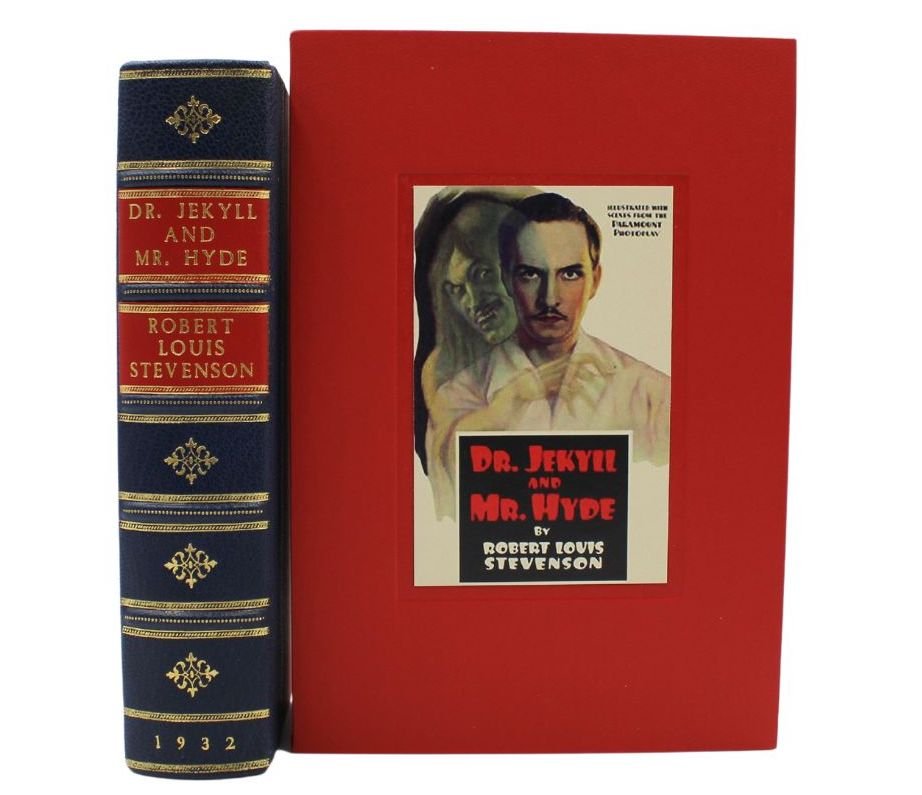Civil War Memoirs
Combining autobiography and history, the memoir was one of the most popular forms of Civil War literature. The form reached its peak in the 1880s, when several Civil War memoirs were published for an eager public, desperate to make sense of the conflict. The best-selling Civil War memoirs were those of prominent generals. Some of the first memoirs from Union generals include George B. McClellan's McClellan's Own Story (1887) and P. H. Sheridan's Personal Memoirs (1888). Their books focused on organizational difficulties, military tactics, and battle descriptions, or were used to justify their decisions and bring retrospective order to the war.
The most famous of the Civil War accounts is Ulysses S. Grant's Personal Memoirs (1885). Grant's Memoirs sold more than 300,000 copies by subscription alone, thanks in large part to his war hero status and Presidential celebrity. Written in the final stages of his throat cancer, Grant still managed a lengthy memoir remarkable for the clarity of its prose and the expansive scope of its vision. Sticking mostly to facts, he still offered strong opinions on major figures like Lincoln, Jefferson Davis, and Robert E. Lee. He also discussed the causes of the war and offered a preferred course for a postwar America. Grant died three weeks after completing his book, but with the help of his publisher and friend Mark Twain, he made enough money to pay off debts and ensure future financial stability for his family.
While Grant's book emphasized the need for reconciliation and closure, Sherman's Memoirs (1875) were more contentious than conciliatory. The second most prominent Union general at the end of the War, Sherman remained a villain in the South, thanks to his infamous March to the Sea campaign. In his Memoirs, Sherman blamed the war and its casualties on the South and defended his march of destruction. Sherman's Memoirs sold ten thousand copies within its first month.
The two most celebrated Confederate generals never wrote their memoirs. "Stonewall" Jackson was killed during the war and Robert E. Lee chose not to write his recollections. Later in 1936, Douglas Southall Freeman, an American historian, biographer, and Pulitzer Prize winner, wrote a four-volume biography of Robert E. Lee. Considered by many to be the definitive biography, R. E. Lee: A Biography (1936) was celebrated for its balanced and judicious approach. Freeman also wrote Lee’s Lieutenants: A Study in Command (1942-1944) a three-volume compendium discussing the various leaders of the Army of Northern Virginia who served under Lee. The popularity of these Civil War narratives and accounts from the early twentieth century attests to the enduring interest that Americans took in the national conflict.










